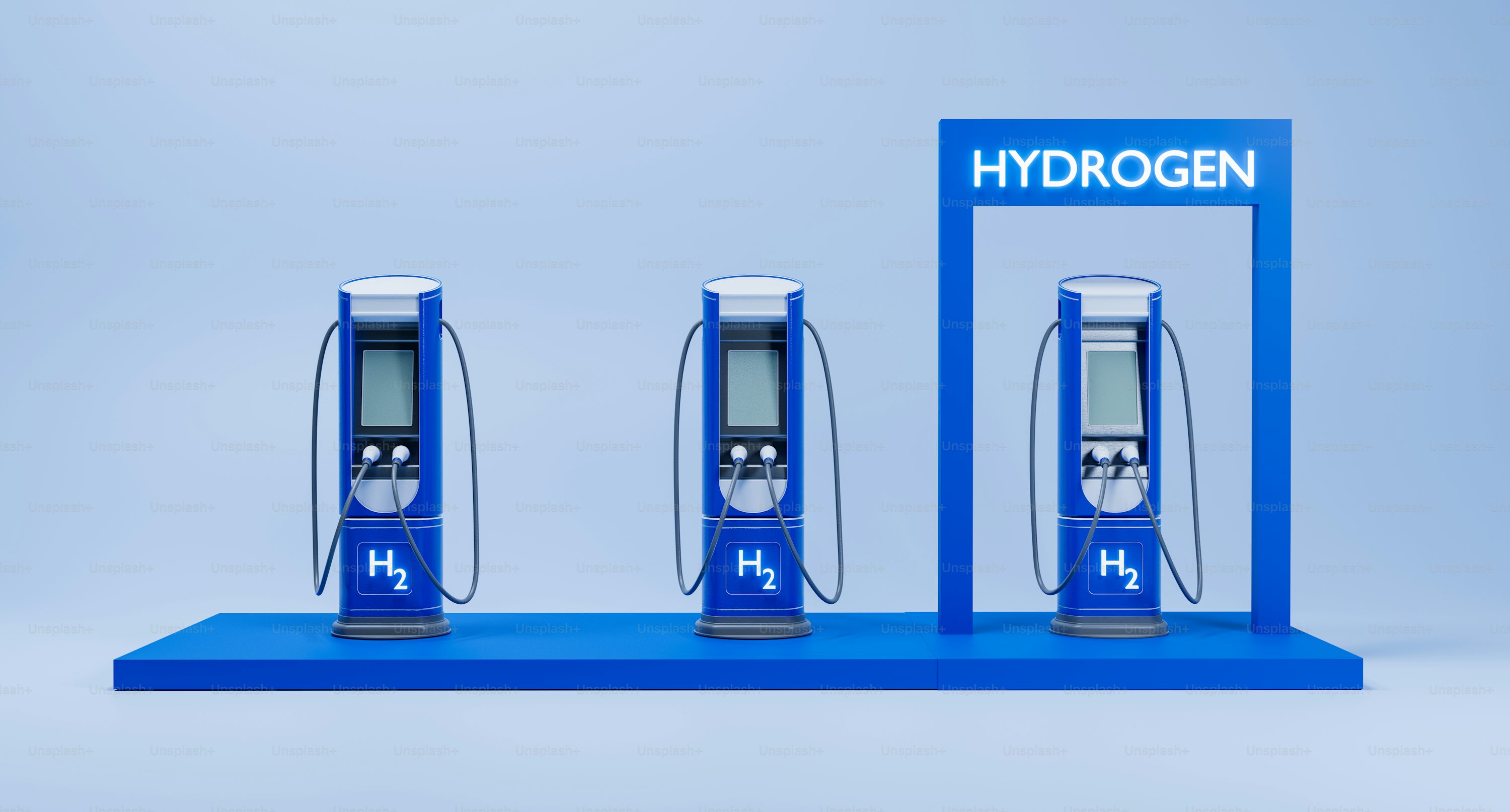- Why UAE Has Multiple Petrol Options
- Special 95 and Super 98: Technical Breakdown
- When to Use Special 95 and When to Opt for Super 98
- Special 95 vs. Super 98: At a Glance
- Common Myths and Mistakes to Avoid
- Expert Analysis
- Maintenance Tips for Fuel Choice
Choosing between “Special 95” and “Super 98” petrol in the UAE can affect your car’s performance, longevity, and the total cost of ownership. Understanding the differences—and how your engine is built and tuned—helps you avoid wasted money and maintain peak reliability in a hot climate.

Why UAE Has Multiple Petrol Options
Local fuel stations offer three grades: E-Plus 91 (older/small engines), Special 95 (general use), and Super 98 (high-performance/luxury vehicles).
The critical factor is the octane rating: a measure of fuel’s resistance to “knocking” (premature ignition), vital in high temperature/pressure conditions seen across the Emirates.
Picking the wrong octane can lead to engine knocking, higher emissions, increased fuel consumption, and even long-term engine damage.
Special 95 and Super 98: Technical Breakdown
Special 95 (95 RON):
Tailored for the majority of family sedans, compact SUVs, and basic crossovers.
Price advantage, averaging AED 3.05/L in 2025, with optimized combustion in non-high-performance engines.
Delivers strong reliability, fuel economy, and minimal carbon build-up when matched to the right powertrain.
Super 98 (98 RON):
Made for turbocharged, high-compression, luxury, and sports cars—especially German or premium Japanese models.
Slightly more expensive at about AED 3.16/L, but prevents detonation and power loss under load, sustaining engine life in demanding conditions and spirited driving.
Required by manufacturer warranties for many modern performance models.
When to Use Special 95 and When to Opt for Super 98
Go with Special 95 if:
Your owner’s manual or fuel cap says “RON 95” or “Special.”
Your vehicle is a standard commuter, Japanese/Korean family model, or any mainstream non-turbo engine.
Choose Super 98 if:
Your manual calls for “RON 98” or “Super”—no exceptions for turbo, supercharged, or luxury models.
You’re driving hard, towing heavy loads, or live in extreme summer climates where pre-ignition is a greater risk.
Engine knocking or decreased fuel economy appears after using 95, even if “compatible.”

Special 95 vs. Super 98: At a Glance
Common Myths and Mistakes to Avoid
Higher octane isn't always better: Using Super 98 in a Special 95 engine will not boost performance or fuel economy—just costs.
Lower octane in a high-octane engine risks actual damage: Persistent knocking may void warranties and result in long-term repairs.
Always check your manual: RON requirements are not “suggestions”—manufacturers calibrate ignition timing, compression, and emissions for a certain grade.
Expert Analysis
Industry professionals across the Gulf repeatedly warn that using the highest-cost fuel “just in case” doesn’t translate into realistic benefits for mainstream cars. Conversely, trying to save “a few dirhams” by under-fueling a performance car can lead to bigger fuel bills later… through either repairs or lost engine efficiency. In the UAE, with its unique heat and varied car market, the best choice is the recommended one on your fuel cap or in your service book.
Maintenance Tips for Fuel Choice
If switching from 95 to 98 or vice-versa (say, after moving or a model upgrade), monitor for pinging, odd fuel smells, or check-engine lights.
Frequent short trips in city heat? Even standard engines benefit from sticking with the right grade to keep sensors and catalytic systems healthy.
Never mix grades in the tank unless in emergency scenarios—engine computers adapt, but prefer stable octane mapping for clean performance.




